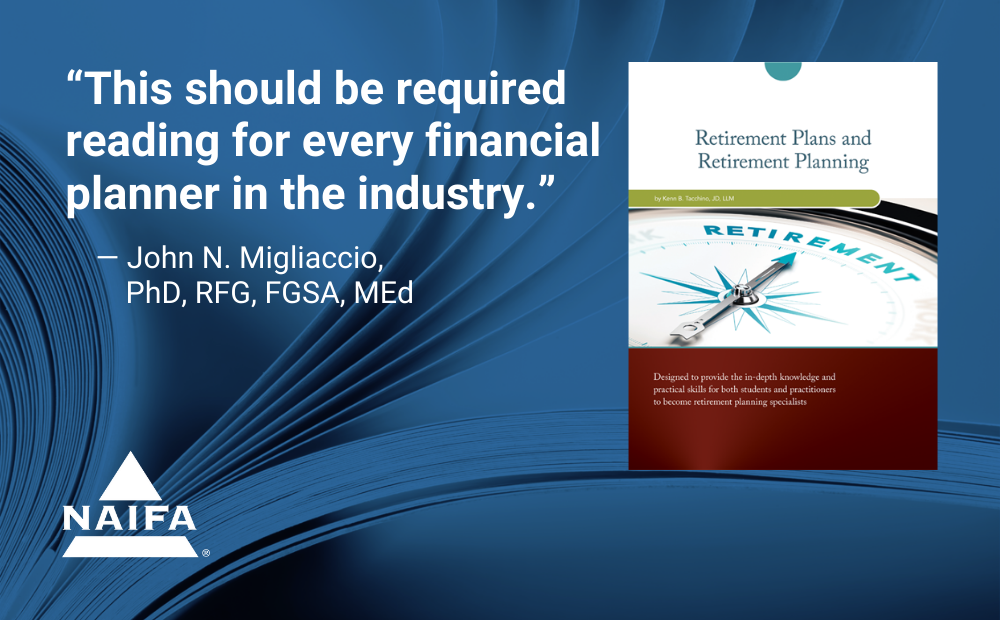According to data from Lincoln’s 2019 Financial Focus study, anxiety (67%) tops the list of health issues stemming from financial worries, followed by mood changes (50%).
These problems also overlap into the workplace by affecting employees’ ability to concentrate (38%) and achieve their professional goals (26%). Additionally, Americans without an emergency savings fund are over twice as likely to see negative impacts from financial stress.
“Unfortunately, the research findings are not a surprise,” said Roberto Duran, an independent registered representative of Lincoln Financial Network. “In today’s world, there are so many causes of financial stress - everything from market volatility, managing debt, or significant life events like getting married, divorced, or having a baby. However, what’s important is that consumers recognize when they’re feeling overwhelmed and take steps to solve the problem.”
Lincoln Financial recommends three tips for consumers looking to alleviate financial stress:
- Face financial fears. Confront the source of anxiety and identify top financial pressures. Doing so will help people understand the reality of their situation and determine how to address it.
- Set a strategy. Start gaining financial confidence by mapping out how to get back on track. Develop realistic financial goals and objectives, stick to a budget, and prioritize saving.
- Ask an advisor. A trusted financial professional can create a tailored financial plan to meet individual needs. With that guidance, consumers can ensure they are taking the necessary steps to achieve more positive outcomes for retirement and their financial future.
Research shows that among people who have a financial plan, 36% say they are doing a very good job of ‘being happy’ in their lives versus 23% who have not created a financial plan.1
Furthermore, meeting with an advisor can help put consumers on the right track for retirement, as those who work with one are more than twice as likely to feel that they are doing a very good job planning for retirement (47% vs. 23%).2
Finally, a link exists between confidence and financial security, with those who participate in a retirement plan being twice as likely to say they feel confident about their ability to accumulate enough money to retire whenever they want to.3
Results of the 2019 Financial Focus Study are based on an online survey of 2,500 adults ages 18 years or older across the United States, conducted in 2019 by Lincoln Financial Group and PSB. The sample was targeted using quotas to reflect the proportion of adults 18 and over within the United States.
1 Lincoln Financial Group’s 2018 Love and Responsibility Study
2 Lincoln Financial Group’s 2018 Love and Responsibility Study
3 Lincoln Financial Group’s 2019 Retirement Power Participant Study










.png?width=300&height=300&name=CC%202025%20Ad%20(300%20x%20300%20px).png)
.png?width=300&height=600&name=Tax%20Talk%20Graphic%20-%20email%20tower%20(300%20x%20600%20px).png)



.png?width=300&name=NAIFA-FSP-LH%20with%20tagline%20-%20AT%20blog%20email%20ad%20(300%20x%20250%20px).png)
.png?width=728&height=89&name=2024%20Congressional%20Conference%20(728%20x%2089%20px).png)
